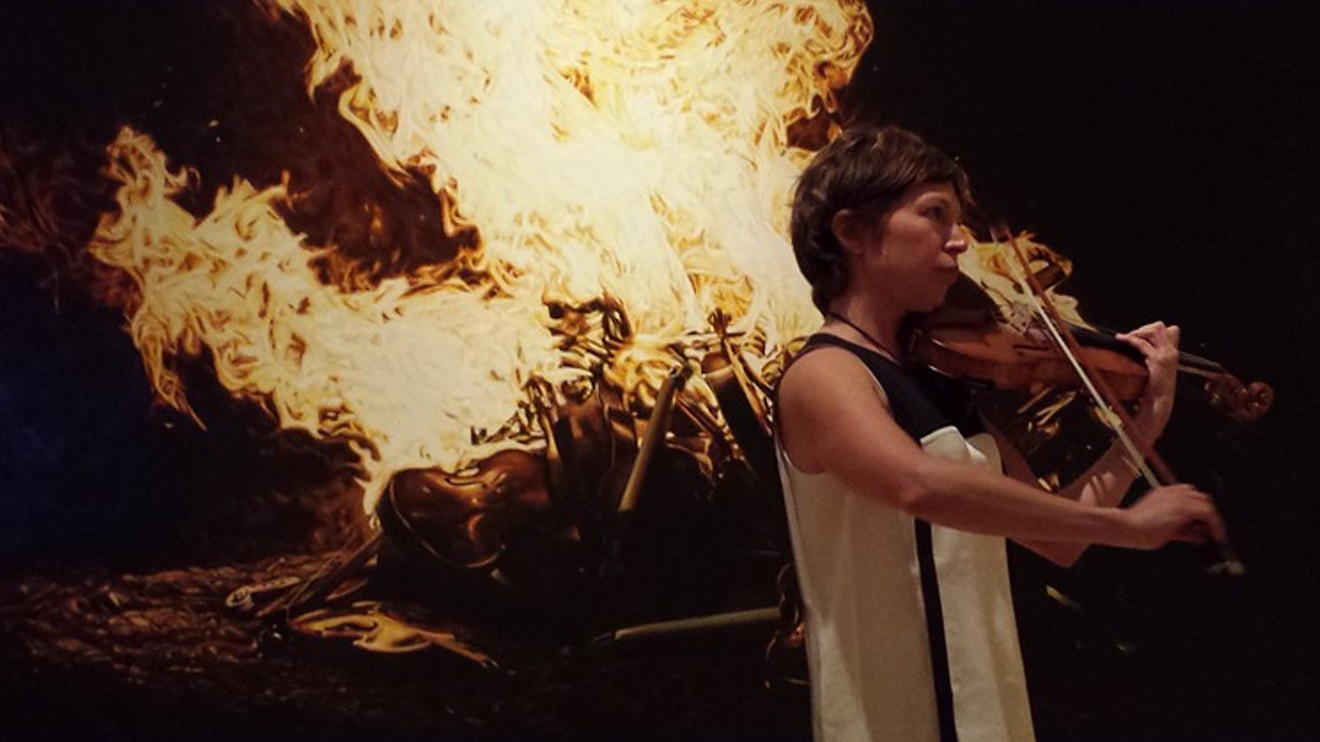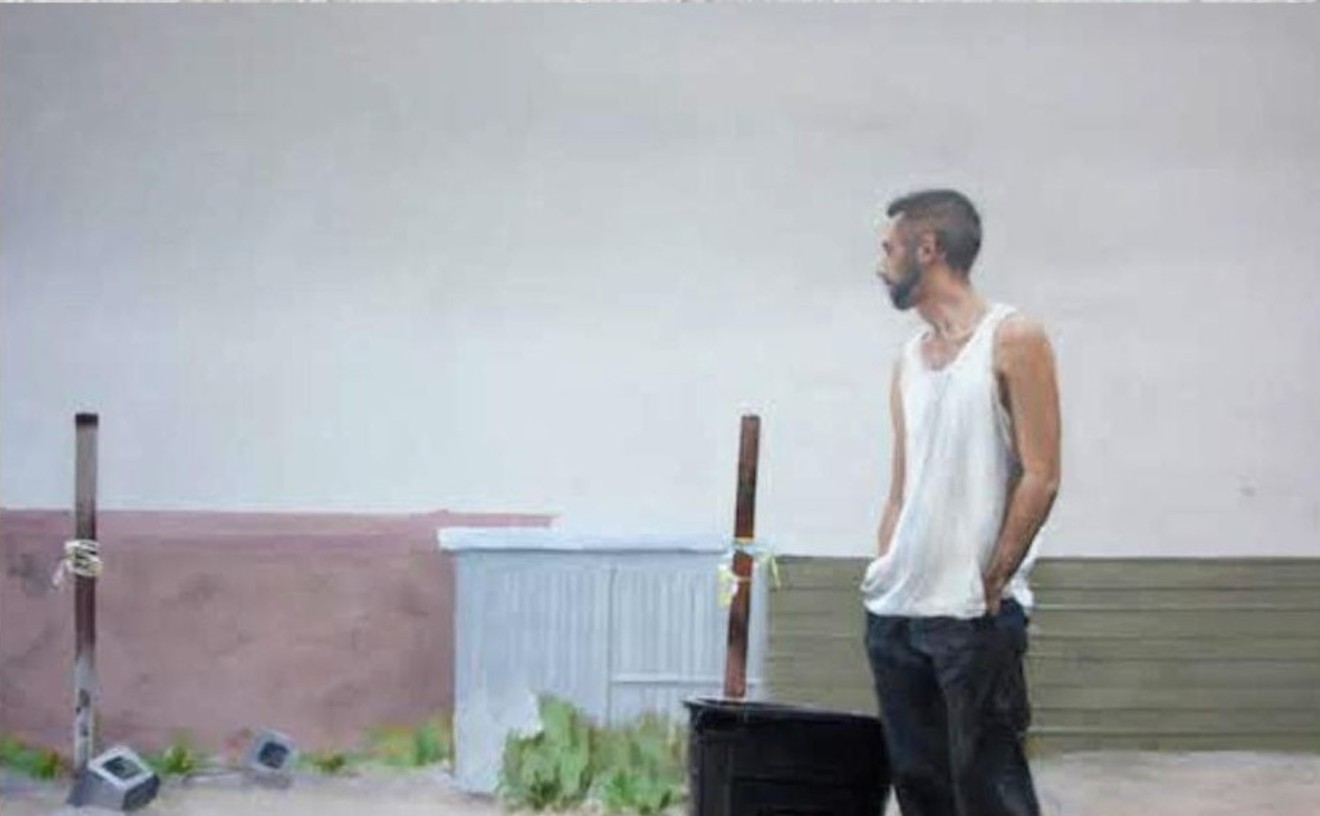That’s the state agency charged with stimulating the arts, fostering public participation in the arts, and encouraging appreciation for Arizona’s cultural resources.
Arizona’s fiscal year 2018 budget, which covers the period from July 1, 2017, to June 30, 2018, totals nearly $9.82 billion. Governor Doug Ducey signed the budget into law on March 12.
Last year, the commission received a $1.5 million allocation for fiscal year 2017, which runs through the end of June. So, basically, that funding held steady.
Even so, it’s being hailed as a win.
“We asked for $2 million,” says Bob Booker, executive director for Arizona Commission on the Arts. “But in this budget climate, maintaining level funding from the Legislature and the governor is a positive endorsement of our work.”
The commission’s work includes helping individual artists and nonprofit arts organizations, supporting arts education, and fostering arts experiences for all Arizonans.
“This allocation will hold steady our ability to support nonprofit organizations that directly provide services to Arizona citizens across the state,” Booker says. “We want to help everyone participate in and experience the arts.”

David Emitt Adams, previous recipient of an Artist Research and Development Grant from Arizona Commission on the Arts.
Lynn Trimble
After several years of recession-era cuts, for example, the agency’s general fund appropriation was axed in fiscal year 2012. And a $20 million endowment built up over a 12-year period was eliminated to help balance the state budget.
The $1.5 million appropriation for fiscal year 2018 will come from interest accrued on the state’s rainy-day fund, rather than the general fund. So, it doesn’t increase overall state spending, Booker says.
In any event, the commission has several additional funding streams.
Fees paid for corporate filings go into something called the Arts Trust Fund, which typically generates about $1.43 million a year for the art agency’s work.
And the commission receives funding from the National Endowment for the Arts, too. That amount averages about $800,000 a year, in the form of a state partnership grant. For the current year, that grant total was $833,000.
Future NEA funding could be at risk, given President Donald Trump’s plans to eliminate federal funding for NEA, the National Endowment for the Humanities, and the Public Broadcasting Service.
Even so, Booker is optimistic.
When Congress passed a continuing resolution in May, which funds the federal government through September 30, the legislation included an increase in NEA funding. “That was heartening,” Booker says.
At the state level, Booker is quick to praise legislators who champion the arts, including senators Bob Worsley of Mesa and Steve Farley of Tucson.

Steve Yazzie, previous recipient of an Artist Research and Development Grant from Arizona Commission on the Arts.
Lynn Trimble
Here in Arizona, there’s a statewide arts advocacy organization called Arizona Citizens for the Arts, which promotes both public and private funding for arts and culture.
“They’ve worked tirelessly this last year as an organization,” he says, “engaging thousands of arts advocates across the state to make their voices heard.”
But it’s not just diehard art fans who reap the benefits.
The arts are an important economic driver, Booker says. They help youth develop important skills like problem-solving, and bring diverse citizens and communities together for shared conversations and experiences.
“In these times,” Booker says, “unity and connection are really, really important.”












